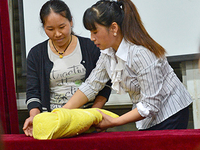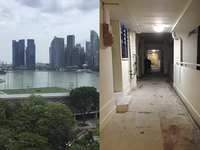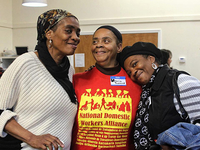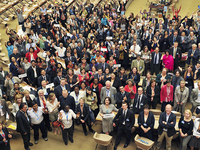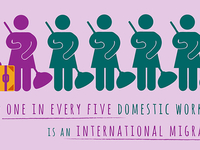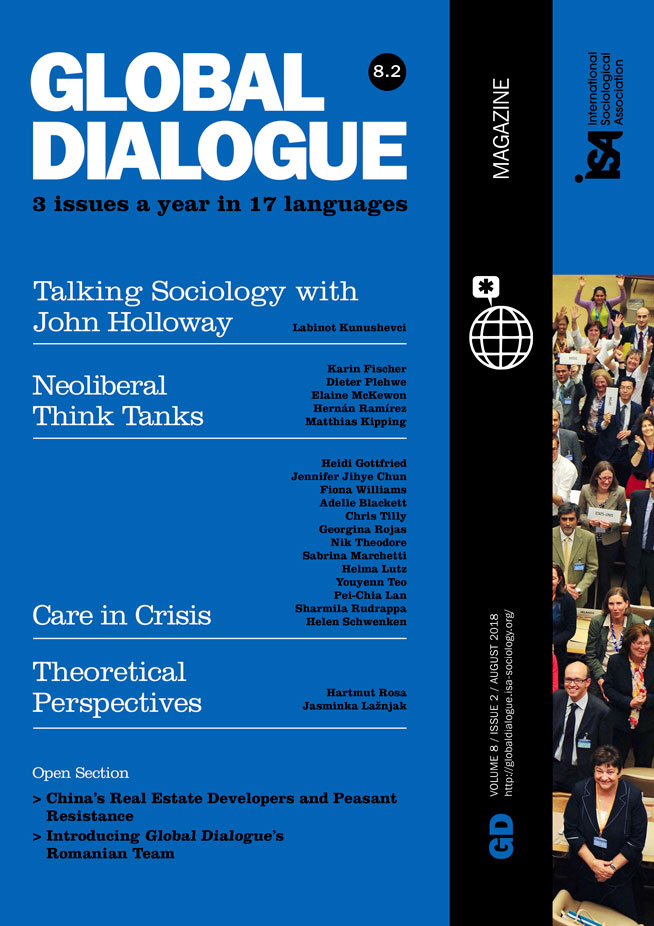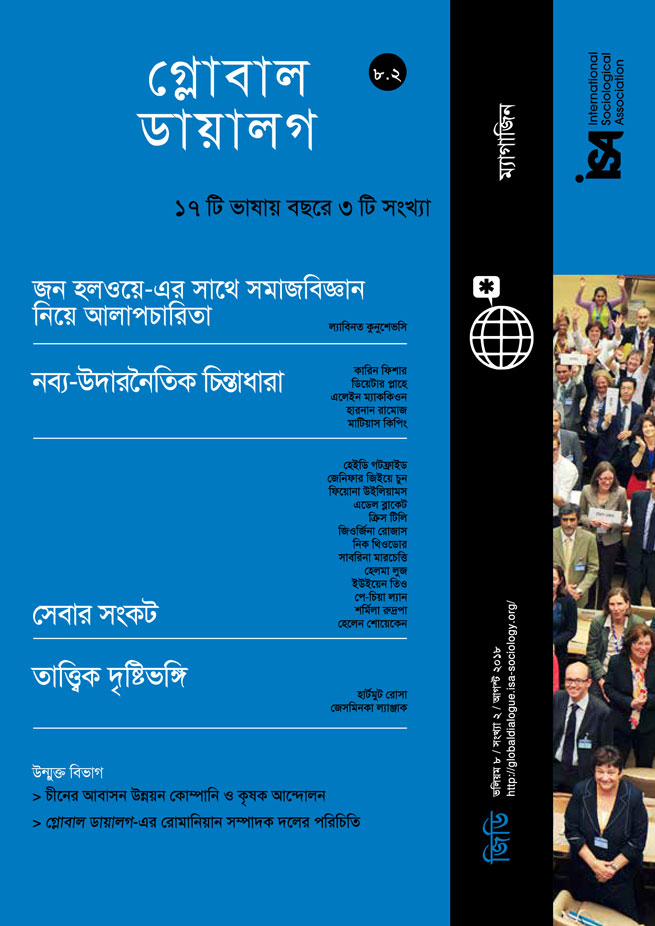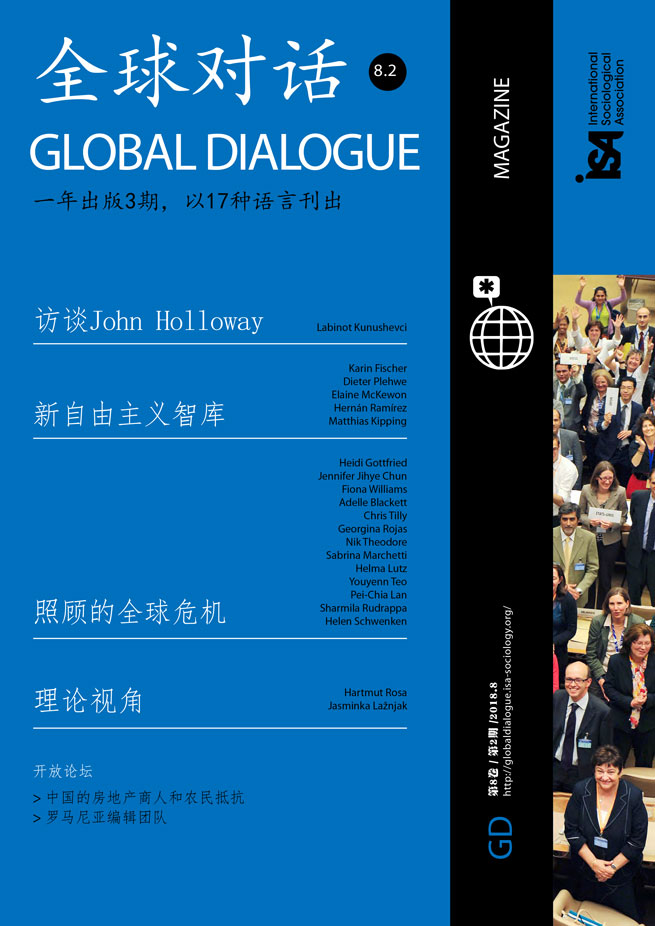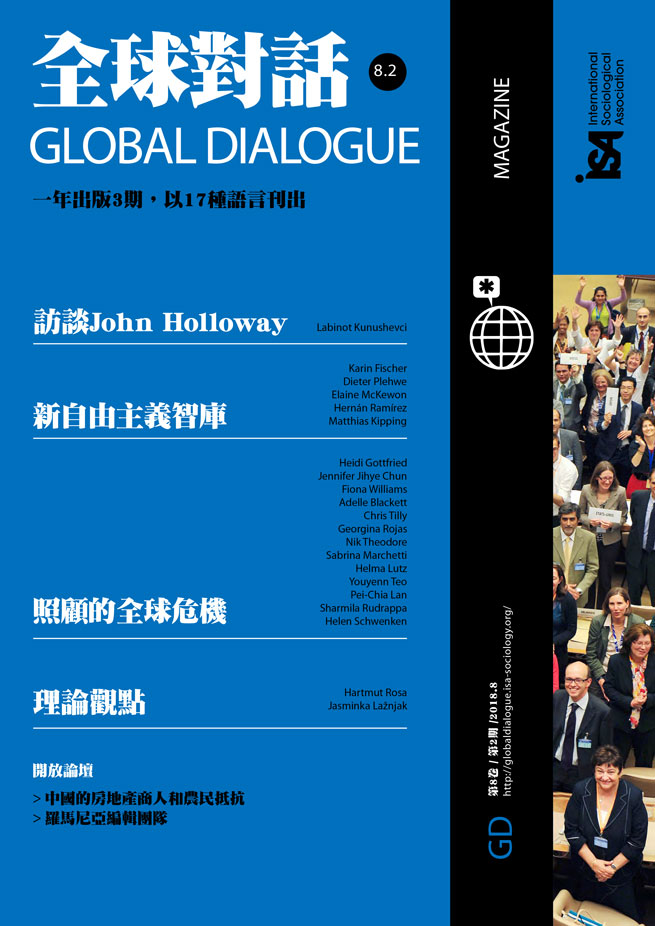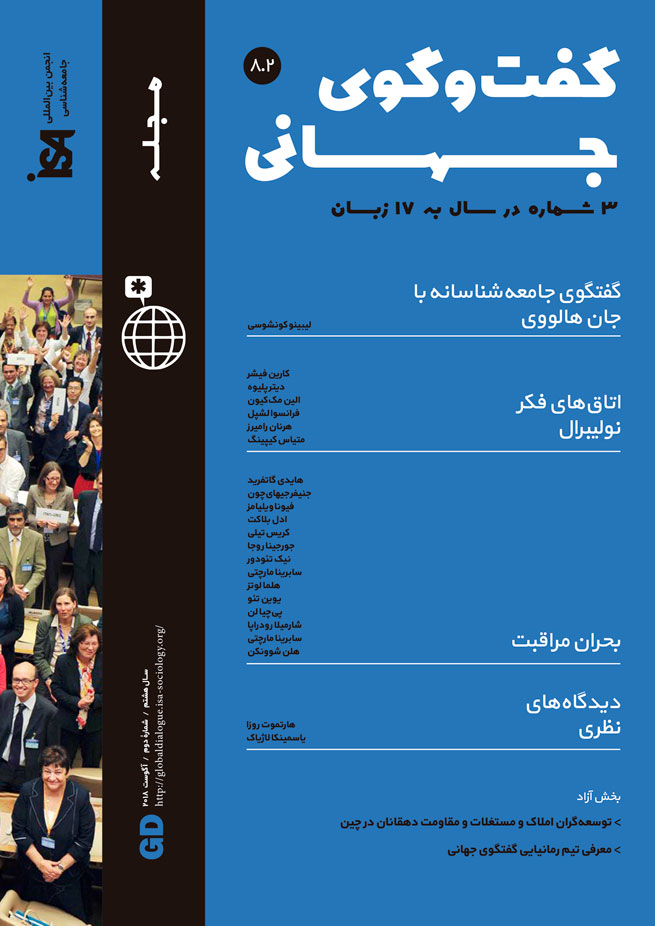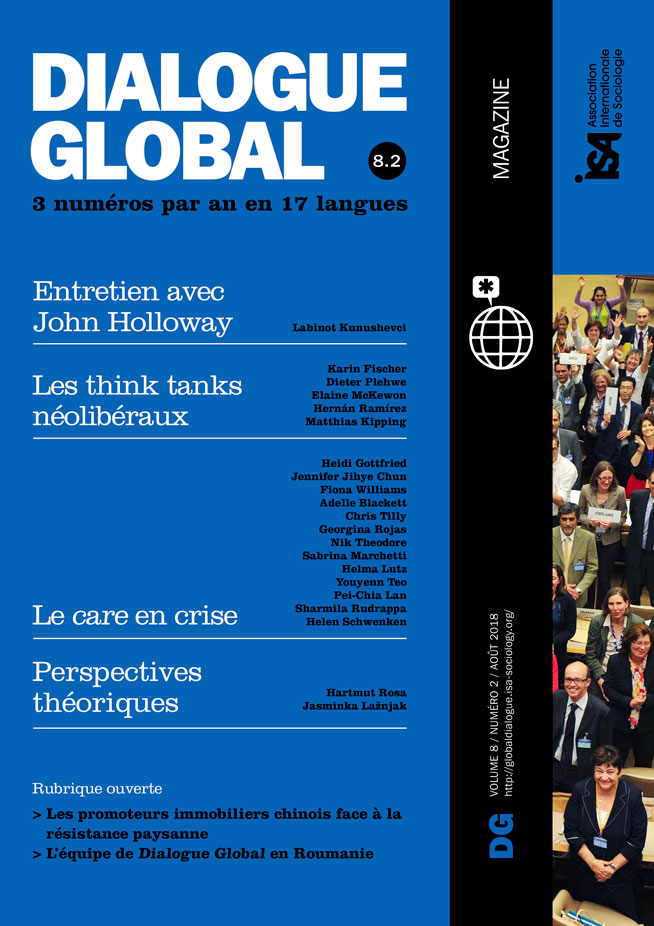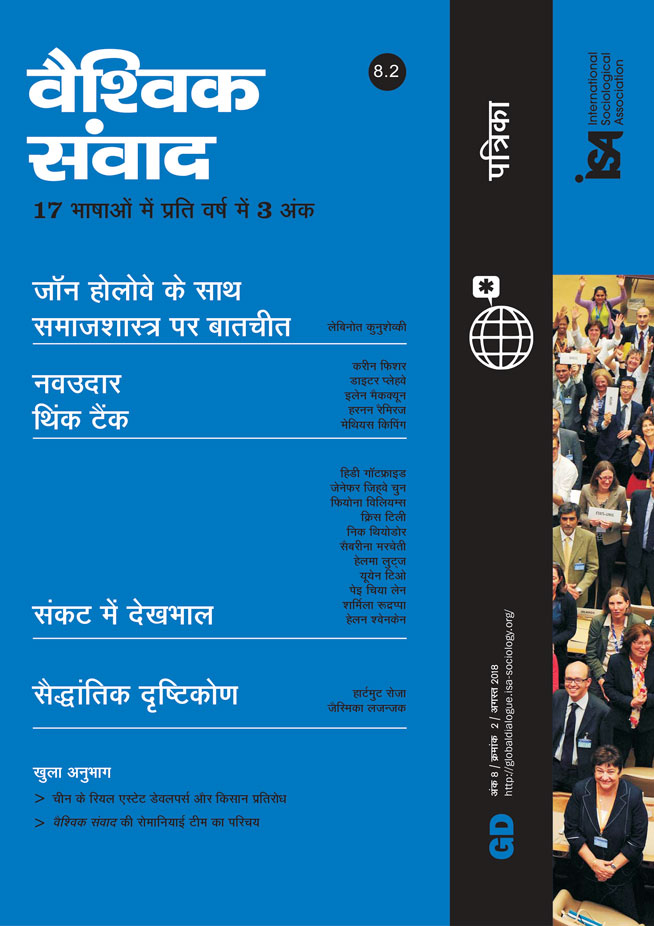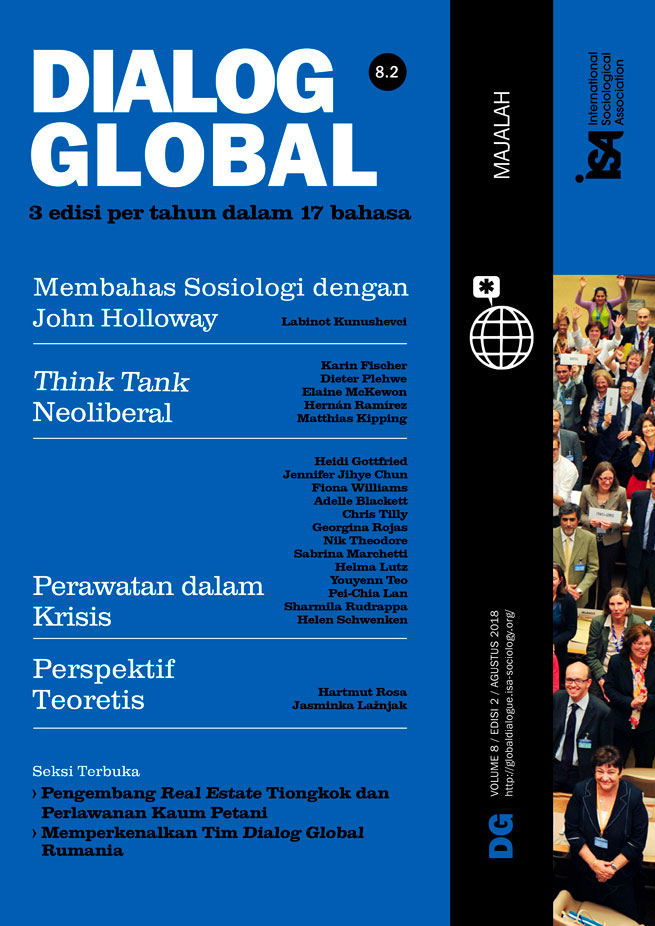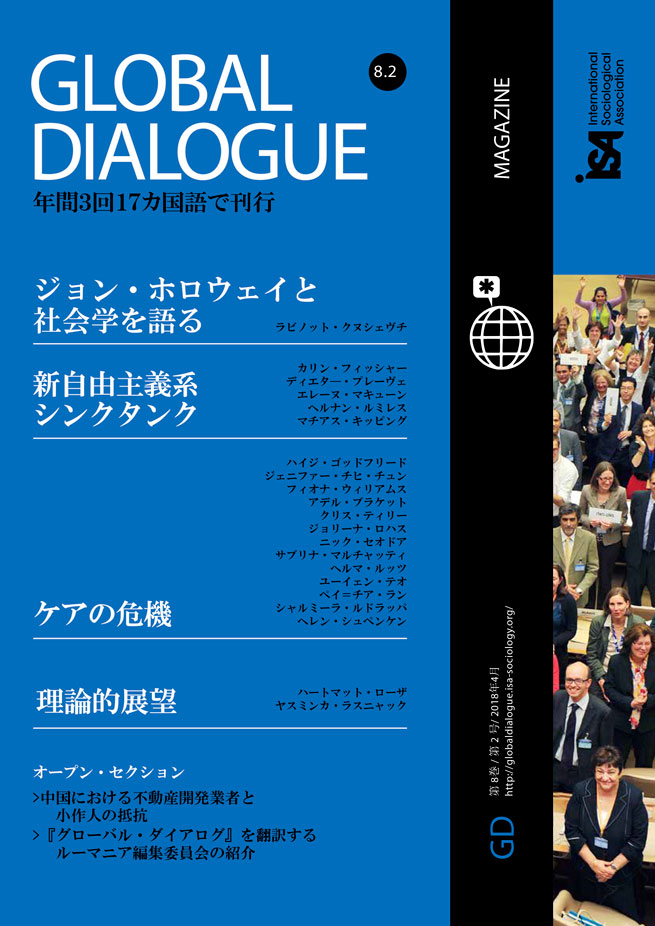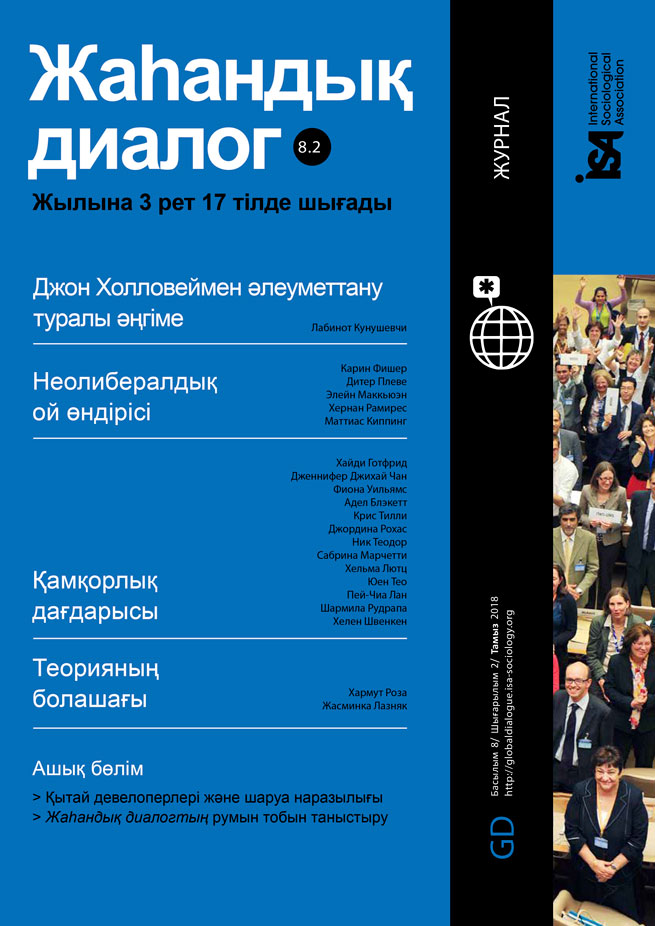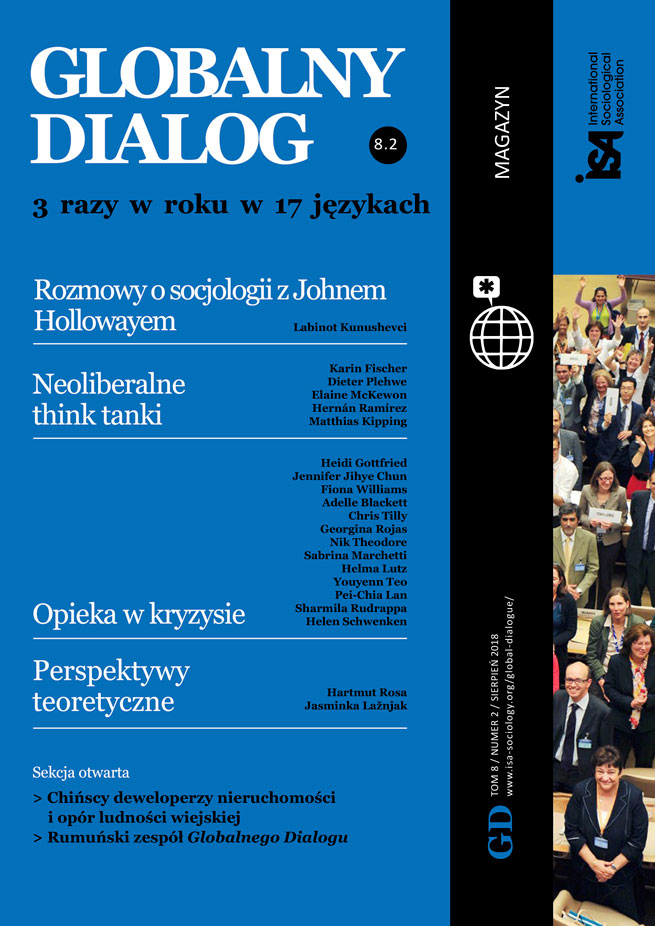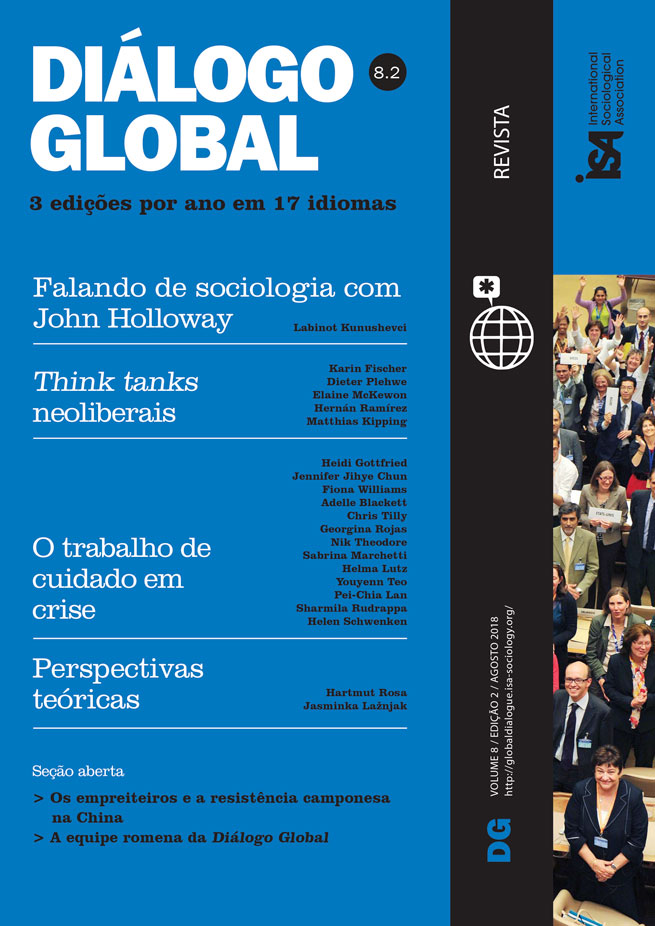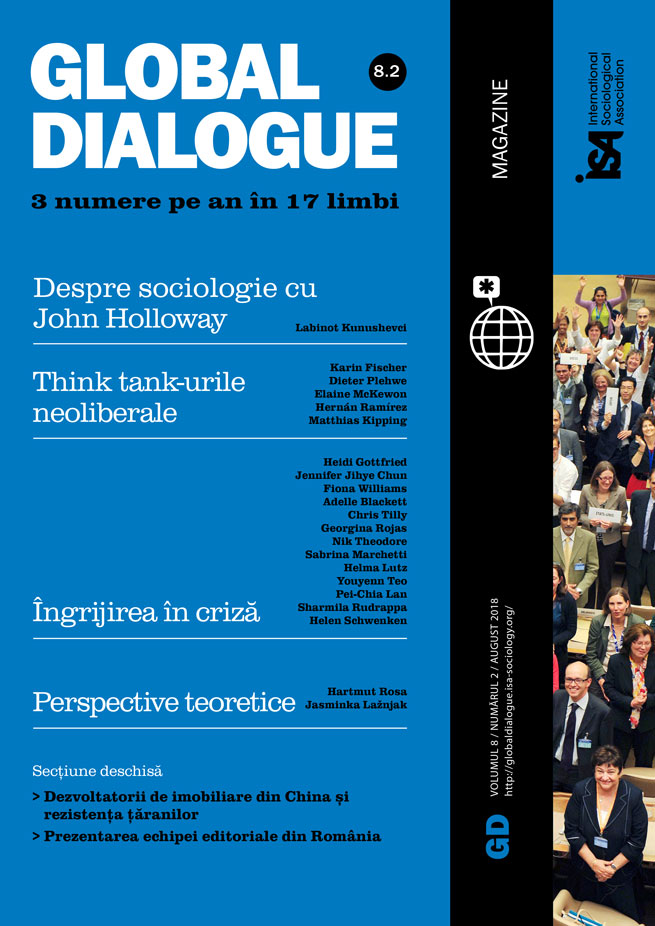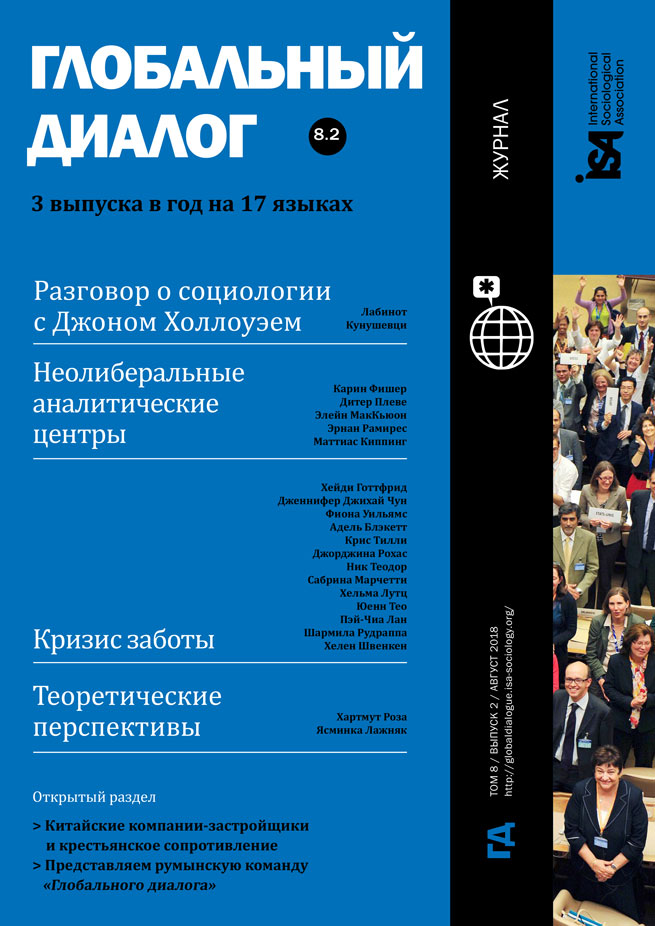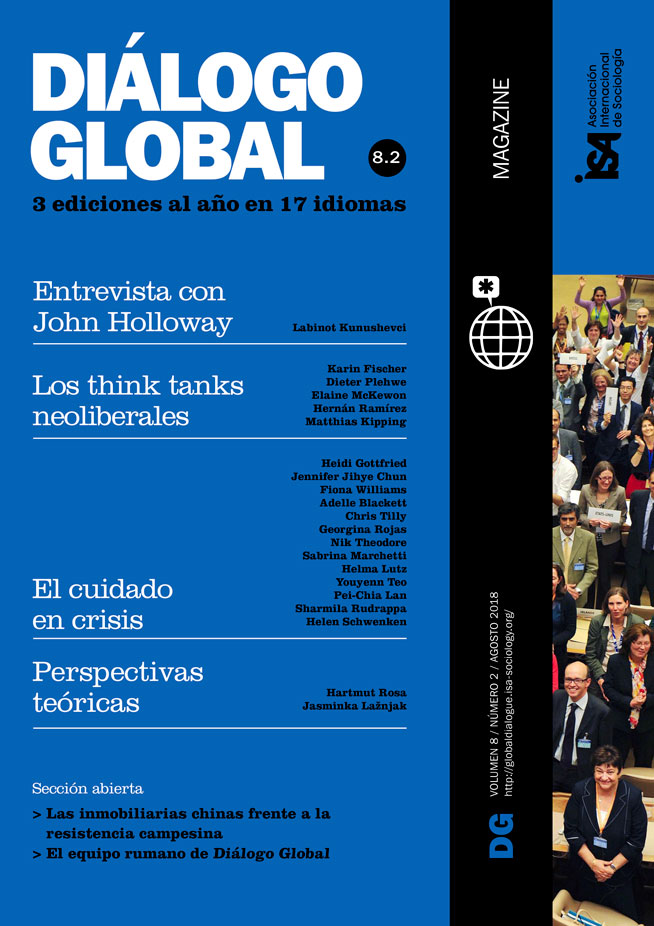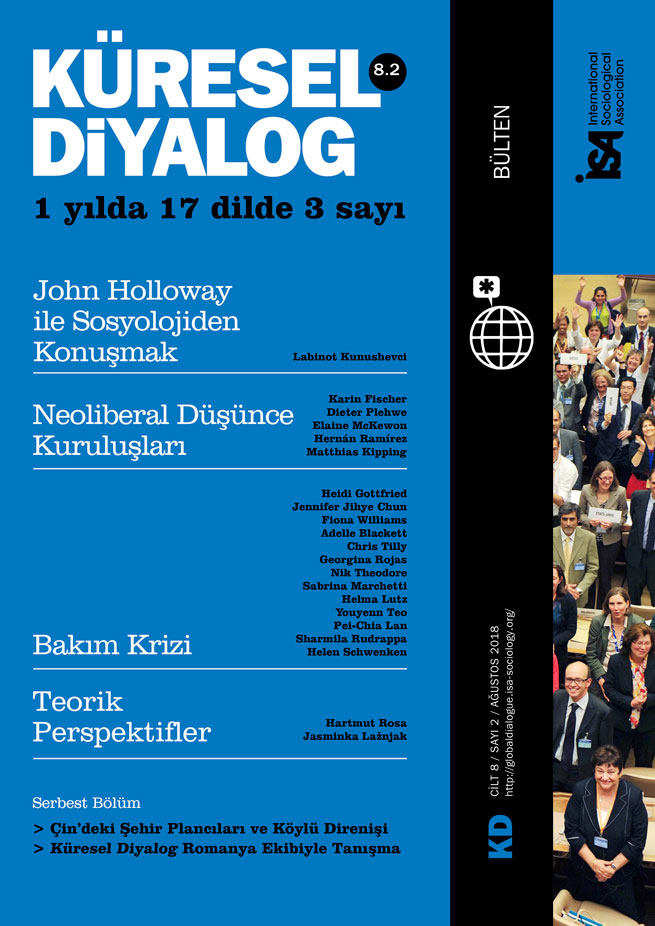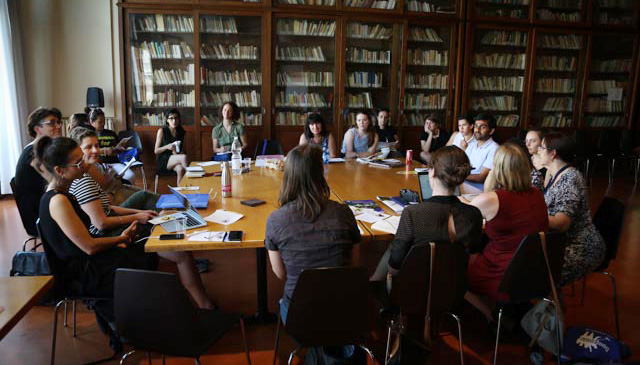The Research Network for Domestic Workers’ Rights (RN-DWR) is a global network of activist researchers and members of domestic worker organizations in the field of paid domestic work, which has existed for almost a decade.
Background
As the question of gender, migration, and globalization of care markets has attracted growing attention in the social sciences in the last decades, more academics are conducting research projects on the topic of paid domestic work[1], frequently in collaboration with domestic workers and their organizations. These research efforts are usually barely connected. Therefore, a core group of researchers affiliated with the International Center for Development and Decent Work and the Global Labour University (GLU), along with other researchers in different European and international universities started in 2009 the initiative RN-DWR, finding the support of WIEGO, the International Domestic Workers Federation (IDWF), and the Dutch trade union FNV Bondgenoten. This founding group expressed the need for a commitment not only to research domestic work, but also to collaborate with domestic workers both on research and on advocating for their rights.
As persons with a dual identity as researchers and activists, the founders of the network met various times in Geneva when doing background research to support the workers’ group during the negotiations on the ILO Convention No. 189, some of them also observing the negotiations for research purposes. Others contributed their perspectives from within the ILO. But this was not a researcher-only issue. In the GLU group, we discussed with domestic workers from the IDWF (then named IDWN) about research as such, and how researchers and organized domestic workers could better collaborate. Amongst many of the organized domestic workers there was a frustration about research(ers): as they had to give a lot of time-consuming interviews, without ever seeing the results of the research or even seeing a benefit for themselves; others complained that some researchers were only interested in victim-type narratives about their lives and work as domestic workers. Therefore domestic workers were also sitting at the table when the network was founded and its principles were discussed.
On this basis, the RN-DWR was officially launched in Geneva at the ILO’s International Labour Conference in June 2011 that negotiated and passed Convention No. 189 “Decent work for domestic workers.” Promoting the ratification of the C189 and studying its impact is, therefore, one of the main tasks of the network.
Principles
The RN-DWR coordinates and conducts research based on the following principles:
- Conducting meaningful, quality research that also meets the needs of domestic worker organizing efforts.
- Cultivating trusting, communicative relationships with researchers and representatives of IDWF and other domestic workers’ organizations.
- Making research results accessible not only to academic audiences, but also to domestic workers and their organizations.
- Building a community of like-minded researchers in the field, possibly extended to all geographical areas.
- Presenting, publishing, and disseminating research results to promote domestic workers’ activities and campaigns for rights.
Practices
A key task of the network is to maintain a global map of researchers that share its key principles, and to connect them with each other. For this purpose, since 2011 the coordinators of the RN-DWR regularly edit a newsletter that brings together information about current research in the field and developments in respect to domestic workers’ rights.
About once a year in early summer the network meets, usually either attached to a conference organized by a network member or to the International Sociological Association or labor studies conferences. Network members give updates about regional developments in the rights of domestic workers, and interesting research, and potential joint research questions are also discussed.
In 2014 we published the manual “We want to be the protagonists of our own stories.” A manual on how domestic workers and researchers can jointly conduct research (Kassel: Kassel University Press, free download). The manual is a result of a collaborative research project of the network on social security needs of domestic workers. Domestic workers in South Africa and the Netherlands joined us in this project. It is also meant to support domestic workers’ organizations in documenting their work without being dependent on professional researchers.
Challenges
The narrative so far may sound like a fully successful experiment by like-minded activist-researchers who manage to be globally connected and produce socially-relevant research, partly as research in collaboration with, and accountable to, domestic workers. However, there are many challenges.
After almost ten years of the network’s activities, some of its very active researchers have (at least partially) moved to other research foci or left the universities or organizations in which they could do that kind of activist research. Also, quite naturally, the momentum around the preparation for the ILO Convention No. 189 has vanished, and research and activism has come back to “normal,” meaning that some of the enthusiasm, but also public interest, on this issue is not that strong any longer. Taking the principles of the network seriously, we also have to concede that the collaboration with domestic workers’ organizations in developing our research agenda as well as the efforts to make our publications accessible to domestic workers and their organizations could be much stronger and more systematic. Researchers in our network who are employed in regular universities also notice that participatory and action research is often difficult to integrate into traditional research environments and in evaluation criteria that apply to academic careers. Finally, the regional diffusion of the network is uneven and there are many blank spots on our global map. Nonetheless, despite these deficits and challenges, the interactions within the network and the contacts that we facilitate are much appreciated amongst our members – all the more as activist research in this field is not very common and therefore the existence of a global network with this focus is a true advantage in our daily research practices.
For more, visit our blog or find us on Facebook.
[1] For references see our blog and newsletter.
Sabrina Marchetti, Ca’ Foscari University of Venice, Italy <sabrina.marchetti@unive.it>
Helen Schwenken, University of Osnabrück, Germany and member of ISA Research Committee on Sociology of Migration (RC31) and Labor Movements (RC44) <hschwenken@uni-osnabrueck.de>
with input from Mary Goldsmith (Mexico), Sonal Sharma (India), Lisa-Marie Heimeshoff (Germany), Verna Viajar (Philippines), and Oksana Balashova (Ukraine)

